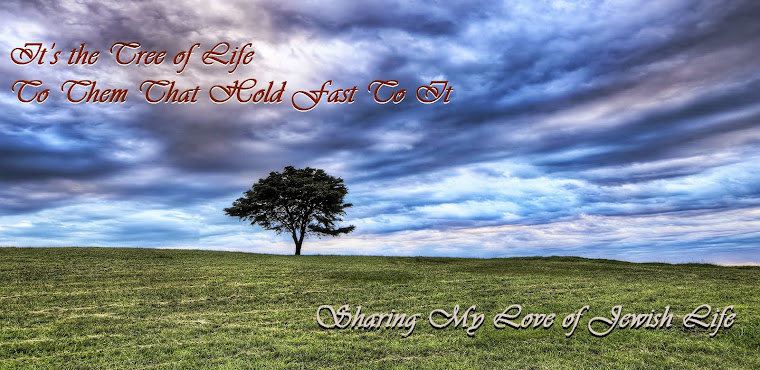This week's parsha is a dream come true for those readers who love intricate, descriptive detail - you know the people who actually read the chapters of the whale biology in Moby Dick. For the types of people who prefer dialogue or action or narrative, however, parshas Teruma can be a little harder to study… until one realizes that here too the language is full of meaning and subtext.
In the second aliyah of the parsha, Hashem provides detailed instructions on the creation of the cover of the aron, the ark. It must be 2 1/2 amos by 1 /2 amos with a cherub coming forth from each end that has all been hammered from one pure gold plate. No soldering allowed. The text goes into great detail about the cherubim, concluding with the instructions that the two golden angels should face each other. And then comes a seemingly simple, yet oddly placed, sentence: "Place the cover on top of the aron, after depositing inside the aron the pact [the luchos] that I will give you" (25:21). This would be a strange statement for its basic redundancy, since 25:16 states: "And deposit in the aron the pact which I gave you."
However, when you think about it further, it is a strange instruction in general. One is certainly not going to place the cover on the aron before one puts the luchos in. Hashem did not expect Moshe to perform magic tricks to put the luchos in the aron. So why is this pasuk here?
Rabbi Yitzhak Zev Soloveitchik, the Brisker Rav, noted that all of the other vessels of the Mishkan could be put to alternate pruposes. The aron, however, was static. It had one purpose and one alone, which was to house the luchos. Without the luchos, the aron was just a beautifully sculpted box. This fact, this unique lack, is actually an idea that is rife with meaning. From a theological perspective, one could apply a lesson to the era in which we have to fight a societal philosophy that discourages religious belief. In order to keep people coming to services and synagogues and such, it has become common to use promotions and gimmicky ads. More challenging, however, is hearing about Jewish law being made to be accommodating when it suits the needs of increasing attendance numbers or the current political atmosphere. No matter how beautiful the synagogue, how incredible the organization, or how enthusiastic the people, Jewish life without Torah, without our pact with Hashem, is just a lovely vessel.
One can find a similar lesson about our personal behavior. The need for Torah at the heart is a reflection of how Judaism understands the purpose of the Jewish people, of the individual members of our goy kadosh, our holy nation. Our tafkid, our purpose, is to bring kedusha, holiness, to the world. We can only do this if we are in touch with the spark of Torah within ourselves. A person presenting themselves as "religious," but not really embracing Torah in their hearts is like the aron without the luchos. Luckily, just like the aron without the luchos can be filled and properly closed, so too one can, at any time, acquire Torah with a full heart.
The lessons here are not one sided. The golden beauty of the aron provides us with a separate lesson. Torah is precious. We have to hold on to it, to keep it safe, in a way that demonstrates how glorious it is. This can be understood in physical terms. For example, the idea of hidur mitzvah, of doing mitzvos with the choicest materials available, such as we learn about the process of choosing an esrog. However, it can also be a lesson for how we live our Judaism. Love and joy are precious gold, as compared to the battered wooden box of those who live the mitzvos as a burden.
These ideas about how a beautiful outside only being made significant by a holy inside pairs meaningfully with the two cherubim made from a single piece of gold. While they are angels because the aron was connected with the celestrial realm (thus the place where Hashem’s voice would be heard), their main form was human. The fact that the encasement of the luchos, the treasure box holding our pact with Hashem, is topped by the cherubim might serve as a reminder of the greater importance we must place on bein adam l’chavero over bein adam l’makom (interpersonal mitzvot over mitzvot for Divine connection). When we are kind to each other, when we follow the Torah’s guidelines of bein adam l’chaevero, we are like the cherubim stretching toward one another. And it was only when the cherubim faced one another that Hashem would speak through them.
One could, therefore say, that the detailed instructions of the mishkan are the first iteration of the golden rule of treating others well. There is no better way to do this than by staying holy in our hearts with the Torah and presenting a beautiful face to those we meet.
